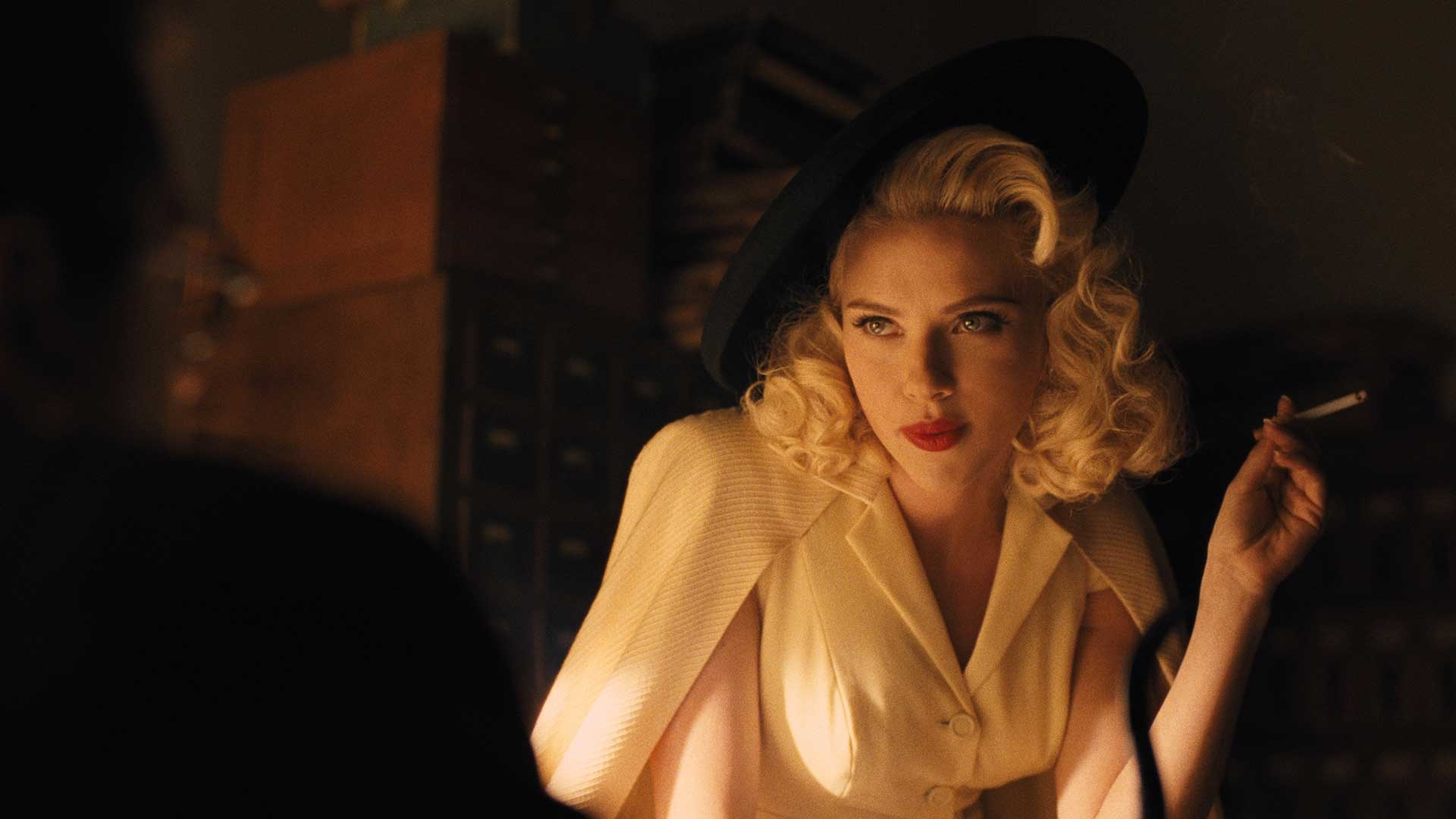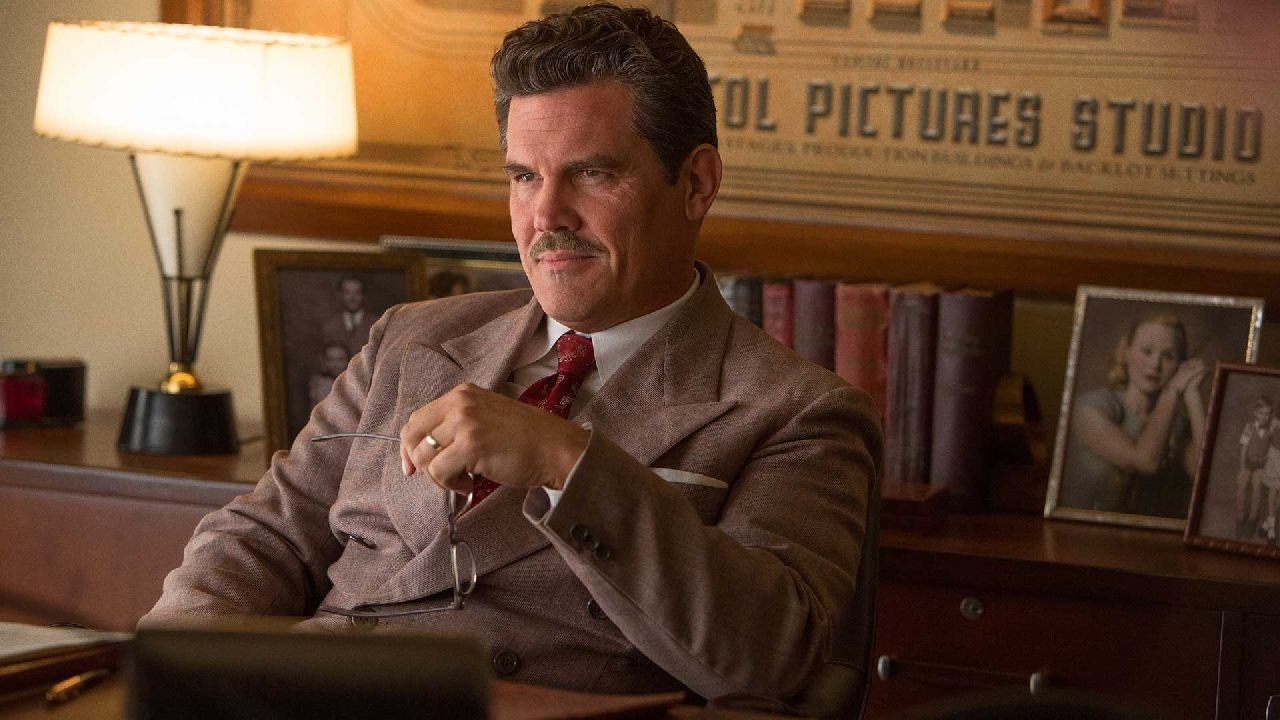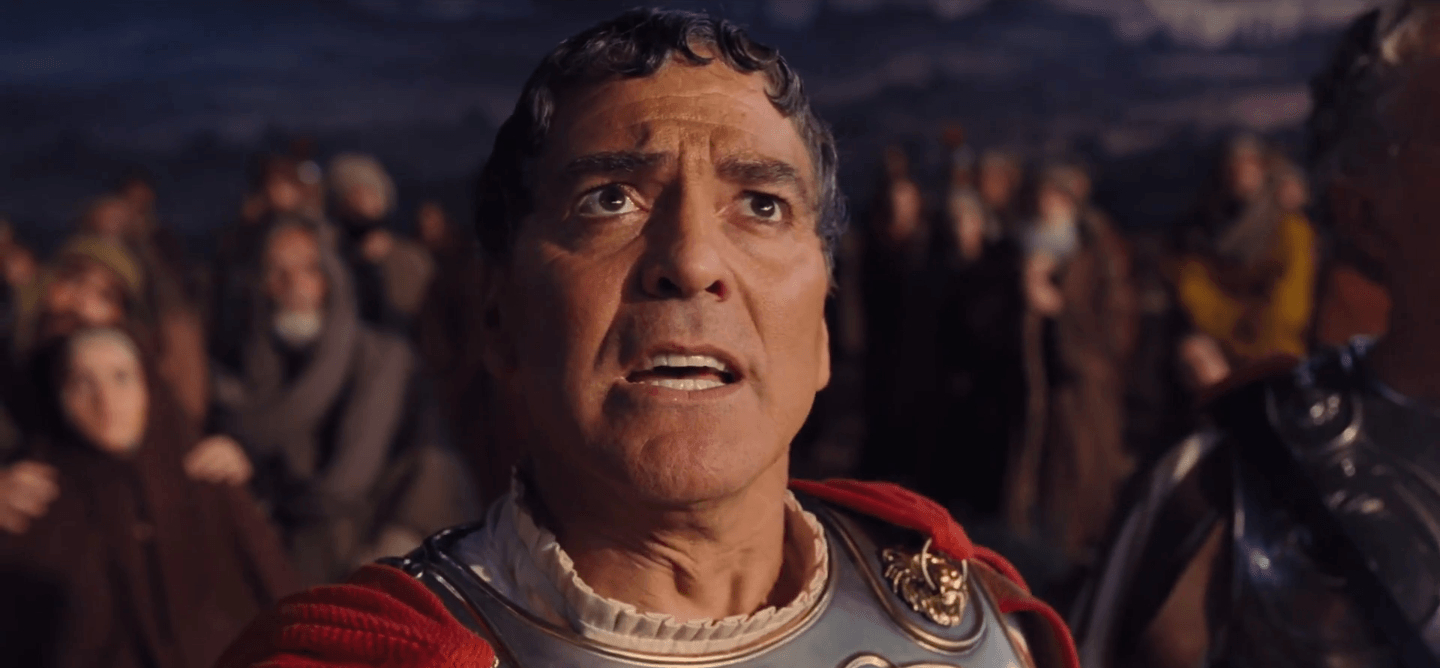I. The Coen Brothers’ critical reputation as misanthropic, nihilistic filmmakers has presumably persisted for decades for a few reasons. Their supposedly “detached” filmmaking style inherently keeps the audience at a distance; their films’ reliance on genre tropes and archetypes provides limited access to their subjects’ emotions because they’re mediated by film history; the numerous “bummer” endings that only serve to highlight life as a futile exercise; the alleged condescension they hold towards their characters, mocking their accents and their simple-minded desires, and constantly “punishing” them for trying to better their situation or find purpose. These charges will continue to be brought up every time they release a new film simply because their songs have more or less remained the same since Blood Simple, even when the chords are radically different.
As much as I try to understand these criticisms, I have difficulty even placing myself in the shoes of someone who believes them. I’ve always held that the Coens are profoundly humanistic directors who harbor a deep well of empathy for their characters. Though it’s often obscured by genre proclivities and broad, pointed humor, the Coens understand the feeling of living a rudderless life and desperately trying to find or hold onto meaning in a chaotic world better than most of their contemporaries. Their sympathies lie with searchers, do-gooders, and solitary individuals clinging to the attitudes that give them life while nevertheless wanting more than what they have. Though many of their films argue that life can be a grueling slog without a reward, the Coens constantly mine poetry from this belief, focusing on the grace in trying rather than in succeeding. Reverse Shot’s co-editor-in-chief Michael Koresky cogently described the Coens’ oeuvre as “the closest we have to a consistent existential American cinema,” a pitch-perfect observation that remains true in their broadest comedies and darkest dramas.
Yet this position is largely contingent on believing that it’s possible to simultaneously laugh at a person as they struggle and sympathize with them. The Coens’ sincere belief in this duality has arguably put more people off than anything else in their work, but it’s the one idea that’s crucial to fully embracing them. They argue it’s funny to watch H.I. and Ed McDunnough struggle to recover a baby they stole from innocent parents after he has been stolen from them; it’s funny to watch The Dude be beset on all sides by danger and catastrophe; it’s funny to watch Larry Gopnik call out to the Heavens for answers and get nothing but questions in the form of disasters in response. More importantly, they argue that the comedy never shortchanges the tragedy lying not so far underneath, and that laughing at a person’s pain doesn’t suddenly cancel out the compassion you extend them. It’s a distinctly Midwestern concept borne of a work ethic that provides order to some lives just as often as it destroys others, for the simple reason that sometimes hard work and perseverance doesn’t pay off. Life is unfair even for the people who need fairness the most; there’s something cosmically funny (and sad) about that idea.

But in Hail, Caesar!, the Coens’ latest film about a studio “fixer” (Josh Brolin) in Hollywood’s Golden Age trying to maintain the glamorous image of “the pictures,” the concept of fairness hardly enters into it. Instead, the film presents the existential crisis of a man whose job it is to uphold illusions and keep reality at bay, along with a whole host of characters who are either maintaining or fighting a system that manufactures beautiful garbage. You can take this idea seriously and open yourself up to a can of worms, or you can just enjoy the gorgeous artifice and the comedy. There’s no wrong answer, but in the words of Hobie Doyle (Alden Ehrenreich), a down-to-Earth studio actor who has trouble with elocution, “It’s…complicated.”
II. Even by the Coens’ standards, Hail, Caesar! is a weird movie. It’s a comedy that has little interest in timing or pacing, preferring to luxuriate in long digressive setpieces that send up old Hollywood, like a Fred Astaire-esque musical sequence led by Channing Tatum or Scarlett Johansson performing water ballet a la Esther Williams. It boasts an all-star cast who don’t make up an ensemble, with many recognizable actors only showing up for a cameo or a second or two of screen time (blink and you’ll miss Jonah Hill, let alone Alex Karpovsky and Dolph Lundgren). At times, it’s over-stuffed, and other times, it’s light as a feather. Like other Coen films, its goofy surface hides a pretty bitter pill about how the movies are wonderful bullshit, which they are. But hearing that argued with conviction from filmmakers who have made some of the very best American films of the last thirty years still feels like swallowing medicine.
I’m making it sound like I don’t like the movie, which could not be farther from the truth. For one, Hail, Caesar! is very, very funny with two or three of possibly the funniest scenes in the Coens’ entire career (the oft-mentioned “Would it were so simple?” scene comes to mind, as well as an early scene where Brolin’s character holds a meeting between religious leaders about whether or not the script for Hail, Caesar!, the movie-within-the-movie, would offend the public at large). The aforementioned setpiece are beautifully conceived and executed, aided by Roger Deakins’ reliably great cinematography. The performances are stellar across the board, with Brolin and Ehrenreich as the standouts. The Coens’ dialogical rhythm always delights with wonderful repetitions and circular stories. Also, did I mention that it’s really, really funny?
Nevertheless, I didn’t find it nearly as much of a sunny romp as some of my peers, and maybe that’s because I take the Coens too seriously. Hail, Caesar!’s protagonist Eddie Mannix is a guilt-ridden, put-upon Good Man who has doubts about his job. It’s not just the long hours; but it’s because he finds it easy to play in the land of make believe, holding gossip columnists at bay as they try to tell the public how the sausage is made and placating actors who keep the whole glamor machine running. He’s contemplating taking a job at Lockheed that promises him better hours and “the real world,” even though in his heart he’d much rather play babysitter to a whole world of children.

It’s not Mannix’s internal struggle that I find absurd, as I’ve never doubted the sincerity of the recurring crises of faith in the Coens’ films, even though it’s unclear the Coens have any consistent “faith” at all. Instead, it’s the relish they seem to take in Mannix’s job description of keeping reality out of our illusions while constantly pulling back the curtain to show the reality behind said illusions. Every lengthy setpiece sells you the magic before pointedly showing you how it’s done: The Coens place the audience in the midst of a majestic opening salvo for Hail, Caesar! (again, the movie-within-the-movie) only to zoom out to show you Mannix is just watching it on a screen; we get a bird’s-eye view of Johansson’s elegant water ballet only to eventually cut to the orchestra that’s scoring the whole thing; and so on.
There’s plenty of comedy to be found in lifting the veil, and it’s thematically appropriate, but that choice coupled with the Mannix character’s modus operandi makes it all feel a little sour. Mannix wants to give the public “something to believe in,” rather than “the facts,” which naturally means elaborately covering up salacious sex scandals, single parenthood, and systemic economic inequality. (The film’s main plot involves a group of disgruntled Communist screenwriters kidnapping Baird Whitlock [George Clooney] who lecture him about Das Kapital and the People’s struggle, but it’s not as if the Coens treat the Communists as any purer than the capitalists; they want money and a movie star of their own for Soviet Russia just like everyone else.) Does this make Mannix some kind of criminal? Of course not. Selling the Hollywood lie doesn’t even rank on the list of world’s most objectionable offenses. What’s the harm in providing people with genuine entertainment even if there’s rot in the foundation? No harm, no foul. But in Hail, Caesar!, the Coens continually show how movies captivate the public, then depict the mechanisms of captivation, and then showcase the ethically dubious system that allows for said mechanisms, all while taking great pleasure in doing so. They do a great job of it, but it leaves a bit of nasty aftertaste.
Maybe I’m being a childish scold. I’m obviously aware of the ills of the Hollywood system and it’s not as if the Coens are using the film to educate the public. The Coens have every right to bite the proverbial feeding hand and mine comedy from the film industry’s suspicious tactics and casual lies of omission. If anything, they probably have great insight. Plus, the world of Hail, Caesar! has only tangential connection to the real; it’s a fantasy like plenty of other Coen films, and to place any real-world burdens onto it feels patently unfair. Yet, there are still creative choices here that feel bitter to me in ways that I didn’t expect. (Bare in mind, I’m someone who finds A Serious Man not nearly as miserable as everyone claims it is.)

Take Hobie Doyle, a character guaranteed to be an audience favorite because of his glorious charm and lasso skills. He’s the kind, sweet audience surrogate that the Coens love to put in their films, but he’s also undoubtedly a studio stooge who intrinsically knows the stakes of maintaining the lie. He may not be able to deliver a line in a Mid-Atlantic accent, but he damn sure knows the import of Baird’s kidnapping: the seductive image of Hollywood-as-dream-factory will be compromised. When Eddie eventually slaps Baird around for spouting Communist rhetoric, he sneers in his face, “the picture has worth, and [he has] worth if [he serves] the picture.” But what is “worth” in this context? “The picture” itself is big-budget schlock, the kind of film that just looks like a big pile of money, and Baird’s worth is dependent on selling the schlock as “prestige.” There’s a moment when we see Hail, Caesar! being filmed and Baird is in the midst of his final speech; we see the emotional effect it has on the crew as people are visibly moved by the writing and the acting. But Baird forgets a word (curiously, it’s “faith”), and the director yells, “Cut!” and everyone moves on immediately. This scene is played as a joke, both the crew’s reaction and Baird forgetting his line, and it is funny, but it’s as if the Coens are smirking at the idea that movies can have any sort of impact beyond fleeting entertainment. I highly doubt they actually believe this, and the Coens don’t owe me anything but their work. But I’d be lying if it didn’t come off as a little callous.
Again, maybe I’m taking the Coens much too seriously here. Maybe they just wanted to have some broad, goofy fun and I’m the humorless jerk who’s unable to fully embrace it. (I will fully admit that my opinion may drastically change on a second viewing, and I will gladly eat my words if they do.) But as someone who has always found the charges of acridity against the Coens to be way overblown, and as someone who has never found them to be smug even in the slightest, Hail, Caesar! was the one that finally gave me insight into that belief. Maybe it’s because it involves a subject in which I inherently have a stake. Maybe it’s because I didn’t find it as consistently funny as, say, Burn After Reading, almost undoubtedly their sourest film. But maybe it’s because I always take the Coens at their sincere word, and if any film requires you to treat it as a pure lark, it’s Hail, Caesar! Because if you don’t, all you’re left with is a movie that wants you to squint against the grandeur while telling you the grandeur is just a wisp of smoke at the same time.


















One thought on “Now Playing: “Hail, Caesar!””
Pingback: Film preservation and nostalgia | Films in Words